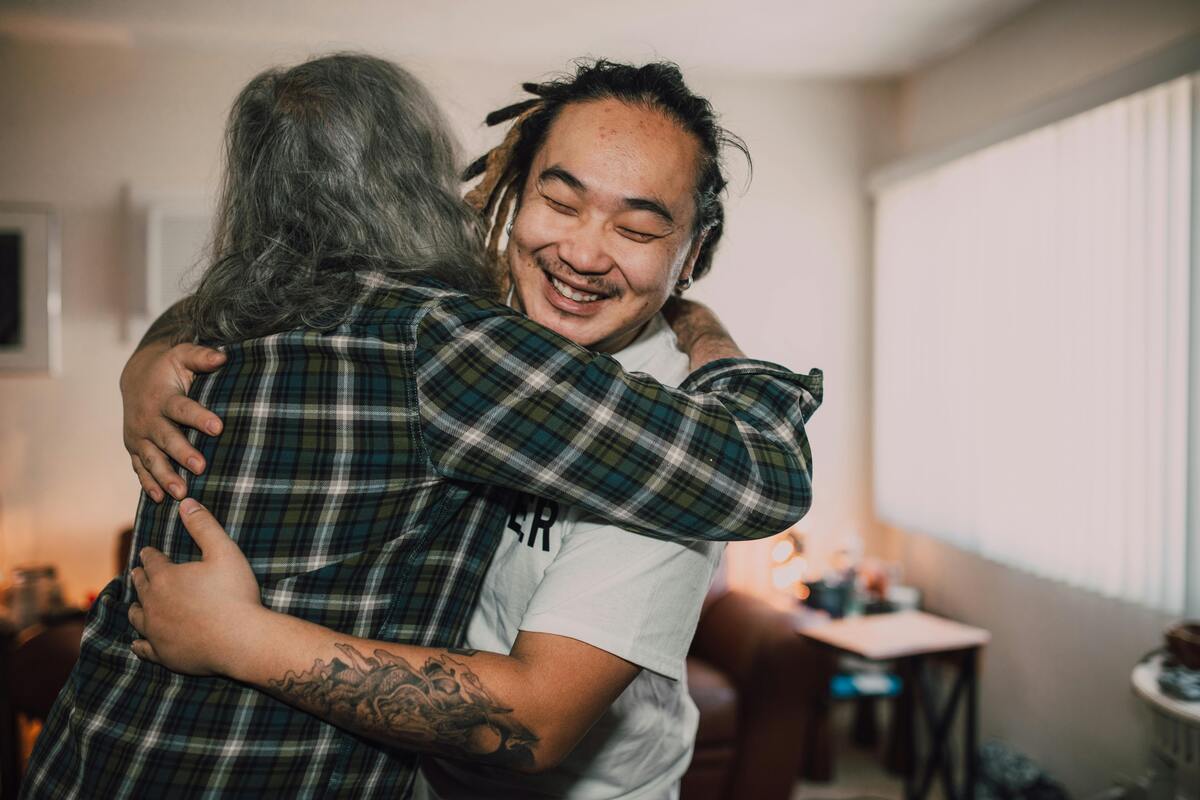Good Friday isn’t just a day to remember a tragic event. It’s a story about love that doesn’t quit, grace that won’t run out, and a promise that pain isn’t the end. Yes, it’s about Jesus’ death. But it’s also about what that death means for anyone who’s ever felt broken, lost, or in need of a fresh start. Let’s talk about why Good Friday matters far beyond the cross.
Table of Contents
Much More than Good Friday: Beyond the Crucifixion
The Cross Wasn’t the End
When Jesus died, his followers thought it was over. The man they loved—the one who healed the sick and welcomed the lonely—was gone. The cross, a brutal tool of death, seemed like the final word. But here’s the thing: the story didn’t stop there. Jesus’ resurrection changed everything. The cross went from a symbol of fear to a sign of hope. It reminds us that even in our darkest moments, light can break through.
Good Friday shows us a God who doesn’t stay distant. He steps into the pain. He knows what it’s like to suffer. That’s love—not a vague feeling, but love that acts. Love that sacrifices.
Grace When We Least Deserve It
The people that accused and crucified Jesus at the cross that day weren’t saints. Some had denied Jesus. Others had cheered for his death. Yet even there, Jesus asked God to forgive them. That’s grace. It’s not about earning love. It’s about being given it anyway.
Grace is why Good Friday isn’t just for “good people.” It’s for everyone. Maybe you’ve messed up. Maybe life feels heavy. Good Friday says, “Come as you are.” There’s room here.
The Cross as a Symbol of Hope
Think about it: the cross was meant to shame. But today, it’s worn as jewelry, hung in homes, and etched into art. How? Because what looked like defeat became victory. The cross now stands for redemption—the idea that no one is too far gone to be renewed.
For Christians, the cross shapes identity. It’s a daily reminder: “You’re loved. You’re forgiven. You’re part of something bigger.” It’s not about guilt; it’s about freedom.
Good Friday in History: Lincoln’s Death
Sometimes, history and faith collide. Take April 14, 1865—Good Friday. President Abraham Lincoln was shot. He died the next morning.
Lincoln’s death on a Good Friday felt symbolic. He’d fought to end slavery, a cause rooted in justice and human dignity. His assassination, like Jesus’ death, seemed senseless. Yet both stories sparked change. Lincoln’s death pushed a fractured nation toward healing. It reminded people that sacrifice—even unjust sacrifice—can plant seeds of hope.
What Good Friday Asks of Us
This isn’t just history. Good Friday invites us to live differently. If Jesus’ death was about love, then our response should be love too. Not the easy, comfortable kind. The kind that costs something.
Maybe it’s forgiving someone who hurt you. Or choosing kindness when you’re tired. Or standing up for fairness, even quietly. Love doesn’t have to be grand. Small acts matter.
The Sacrifice That Changes Things
Jesus’ sacrifice wasn’t about impressing God. It was about bridging the gap between broken people and a loving God. That’s the heart of Good Friday: God doing what we couldn’t do ourselves.
So what does “sacrifice” mean for us today? It means looking past our own needs. It means seeing the people around us—the lonely, the struggling, the overlooked—and asking, “How can I help?”
A Story That’s Still Being Written
Good Friday isn’t a one-day event. It’s a call to carry its message forward. Every time we choose love over hate, mercy over judgment, we’re living the Good Friday story.
The cross reminds us that pain doesn’t get the last word. Death isn’t the end. And love? Love wins.
Try This Today
Want to honor Good Friday? Don’t just reflect on it—live it. Call a friend who’s having a hard time. Donate to a charitable cause. Sit with someone who’s grieving. Apologize when you’re wrong. These are the sacrifices of love. They’re small. But they change things.
Good Friday isn’t about staying sad. It’s about believing that love can rebuild what’s broken. And that starts with us.

